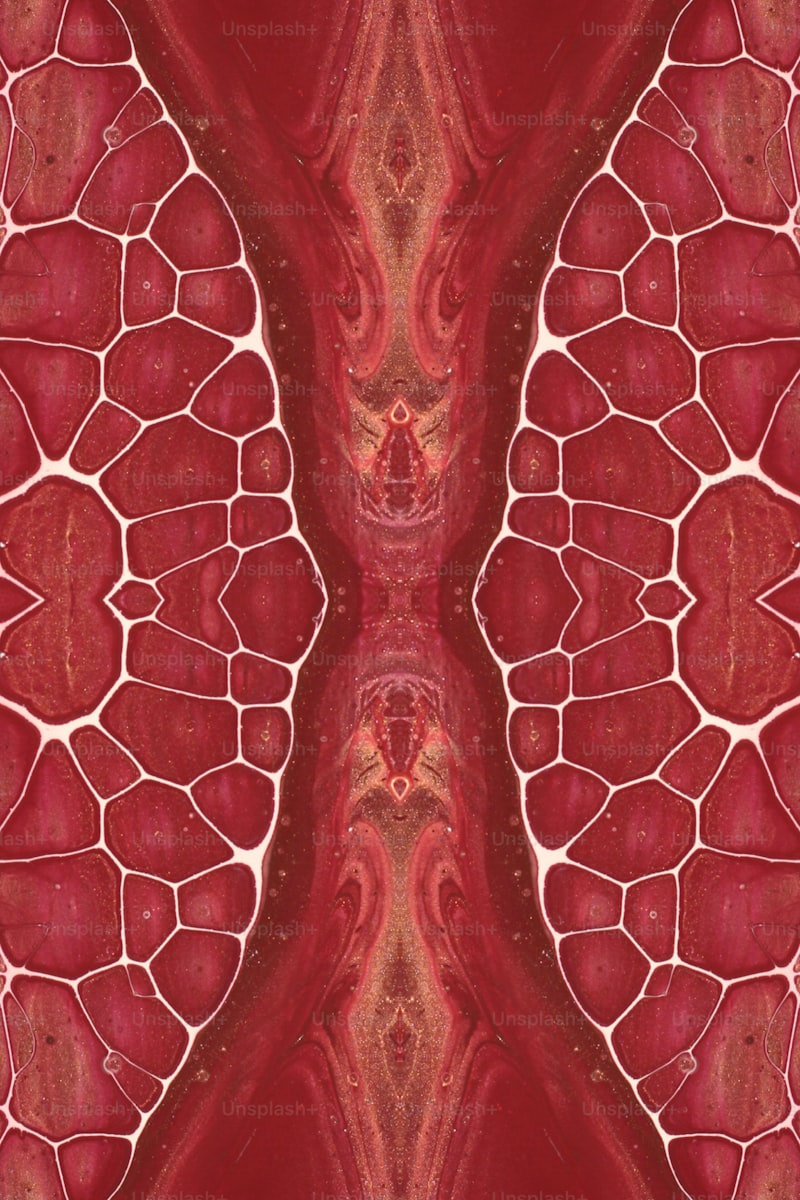Discover the Allure of Timeless Lace Patterns: A Comprehensive Guide
Unveiling the Beauty of Timeless Lace Patterns
Lace has long been a cherished textile, associated with elegance, tradition, and a touch of romanticism. The appeal of timeless lace patterns extends beyond mere aesthetics; these designs weave tales of cultural heritage and personal expression. In this article, we will explore the various facets of lace patterns, their historical significance, popular trends, and practical applications in modern fashion and home décor.
The Historical Significance of Lace Patterns
Lace originated in the late 15th century in Europe, with intricate designs becoming synonymous with royal elegance and high-society fashion. Over the centuries, lace patterns have evolved, with each era introducing unique styles and techniques. Understanding these historical contexts enhances appreciation for timeless lace patterns today.
| Era | Notable Lace Patterns | Influence |
| 15th - 17th Century | Venetian lace, Needle lace | Royal courts influenced trends among nobility. |
| 18th Century | Bobbin lace, Point de France | Increased factory production democratized lace access. |
| 19th Century | Real lace, Machine-made lace | Industrial Revolution shifted production methods. |
| 20th - 21st Century | Contemporary lace patterns | Fusion of traditional and modern design aesthetics. |
Popular Timeless Lace Patterns to Explore
When discussing timeless lace patterns, several iconic styles come to mind. Each pattern carries its own significance and visual appeal:
1. Venetian Lace
This exquisite lace pattern originated in Venice and is known for its dramatic, floral motifs. Venetian lace is handmade, making each piece unique. The intricate detailing often includes scrolling vines and flowers, perfect for wedding dresses and luxurious table linens.
2. Crocheted Lace
Crocheted lace is created using a hooked needle and has a charming, handcrafted feel. Popular motifs include shells, flowers, and geometric shapes. This style is gaining popularity in casual wear and home accessories, such as doilies and table runners.
3. Bobbin Lace
Bobbin lace is characterized by its delicate threads woven around bobbins, creating intricate patterns. This traditional technique allows for a wide range of designs, from simple to complex, making it a favorite for both historical reenactors and modern designers.
4. Alençon Lace
A type of needle lace originating from France, Alençon lace is known for its ornate floral patterns and fine grounds. It is often used in high-fashion garments and bridal wear. The contrast between the sheer fabric and the lush embroidery adds a layer of sophistication.
Incorporating Timeless Lace Patterns into Fashion
Taking inspiration from timeless lace patterns has become a significant trend in the fashion industry. Designers are increasingly incorporating these delicate textures into their collections, providing a bridge between classic elegance and modern style.
1. Wedding Dresses
Every bride dreams of a stunning wedding dress, and timeless lace patterns often steal the spotlight. The classic romantic look of lace adds sophistication and an air of nostalgia. From elegant sleeves to intricate bodices, lace is a versatile choice for bridal gowns.
2. Casual Wear
Beyond formal attire, lace is now being used in everyday fashion. Lace tops, skirts, and even trousers are gaining popularity. When paired with more casual items, such as denim, lace patterns elevate the overall look, providing a sense of femininity.
3. Accessories
Lace patterns are perfect for accessorizing. Think lace shawls, wraps, or embellished handbags. These items can add a touch of elegance to any outfit, making them a favorite choice for events and gatherings.
Decorating with Timeless Lace Patterns
Timeless lace patterns are not limited to fashion; they are also making waves in home décor. Here are some ways to incorporate them into your living space:
1. Table Settings
Lace tablecloths or runner can transform an ordinary dining table into an extraordinary dining experience. The semi-transparency allows for an elegant layering effect with other tableware, creating a sophisticated ambiance.
2. Curtains and Drapes
Lace curtains can add a dreamy touch to any room. They gently diffuse sunlight while creating a sense of privacy. Choose patterns that complement your interior design for a cohesive look.
3. Wall Art
Framed lace pieces can serve as stunning wall art. Displaying these works highlights the intricate craftsmanship and brings a unique touch to your walls. Moreover, lace-inspired wall decals can add character to any space.

Trends in Timeless Lace Patterns
As we navigate through contemporary design trends, various innovations in lace patterns stand out:
1. Sustainable Practices
With increasing awareness of sustainability, many designers today are focusing on eco-friendly materials and production techniques. This shift has led to a resurgence in handmade lace, often sourced from ethical manufacturers.
2. Fusion of Styles
Modern designs often blend traditional lace patterns with unexpected materials or silhouettes. This fusion creates fresh perspectives on lace, making it appealing to younger generations.
3. Bold Colors
Traditionally, lace was often monochromatic, but designers are experimenting with vibrant hues and patterns, allowing lace to fit seamlessly into contemporary wardrobes.
Conclusion: Embrace the Timelessness of Lace Patterns
Timeless lace patterns continue to inspire and captivate, transcending eras and trends. Whether you’re planning a wedding, looking to refresh your wardrobe, or seeking elegant home décor solutions, integrating lace can elevate your style and space.
As you explore the world of timeless lace patterns, remember to consider the historical significance, contemporary applications, and emerging trends. Opt for sustainable choices and embrace the beauty of craftsmanship. Lace is more than just a pattern; it is a celebration of artistry and tradition that can enhance any project with its delicate charm.
In summary, whether you are a designer, a bride-to-be, or an interior decorator, incorporating timeless lace patterns into your life is an option that guarantees elegance and style. Remember, lace carries stories and sentiments that enrich fabric with history and beauty, allowing you to express your unique style while honoring the past.